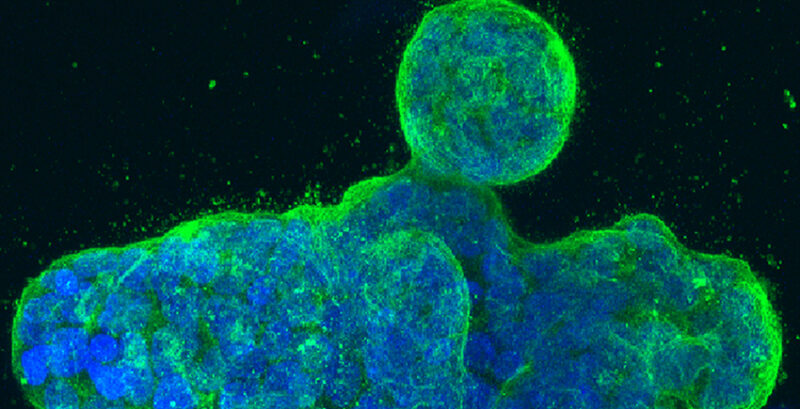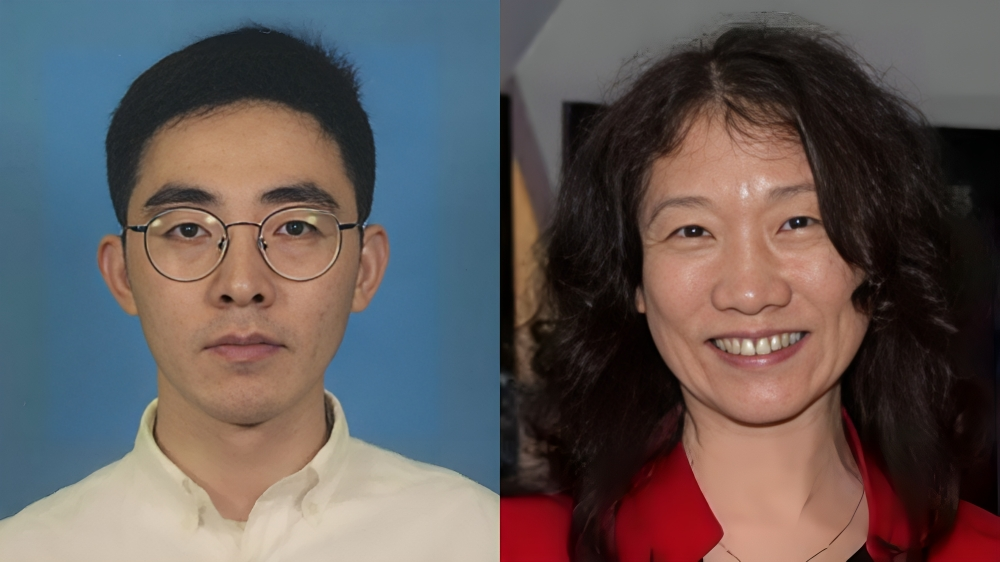Cancer Research Institute (CRI) shared a post on LinkedIn:
“A new study in mice, from researchers including CRI-Irvington Postdoctoral Fellow Dr. Haiwei Zhang of Boston Children’s Hospital and CRI Scientific Advisory Council member Dr. Hao Wu of Harvard Medical School, reveals how tumors modify their own gene activity to evade immune detection, and identifies a comprehensive list of the genes affected.
These findings, published in Springer Nature Group’s Nature Immunology, Harvard Medical School describes, offer ‘a roadmap for developing therapies that override these genetic changes and restore the immune system’s ability to fight cancer.’ Explore.”

Source: CRI/LinkedIn
More posts featuring Cancer Research Institute on oncodaily.com
Haiwei Zhang, PhD, is a Postdoctoral Fellow at Boston Children’s Hospital. His current research focuses on understanding the role of GSDMD in immune responses and inflammatory diseases, contributing to the advancement of knowledge in immunology and inflammation.
Hao Wu, Ph.D. is the Asa and Patricia Springer Professor of Structural Biology and a Professor of Biological Chemistry and Molecular Pharmacology at Harvard Medical School. Her laboratory specializes in structural immunology, focusing on elucidating the molecular mechanisms of signal transduction by immune receptors, particularly innate immune receptors.


